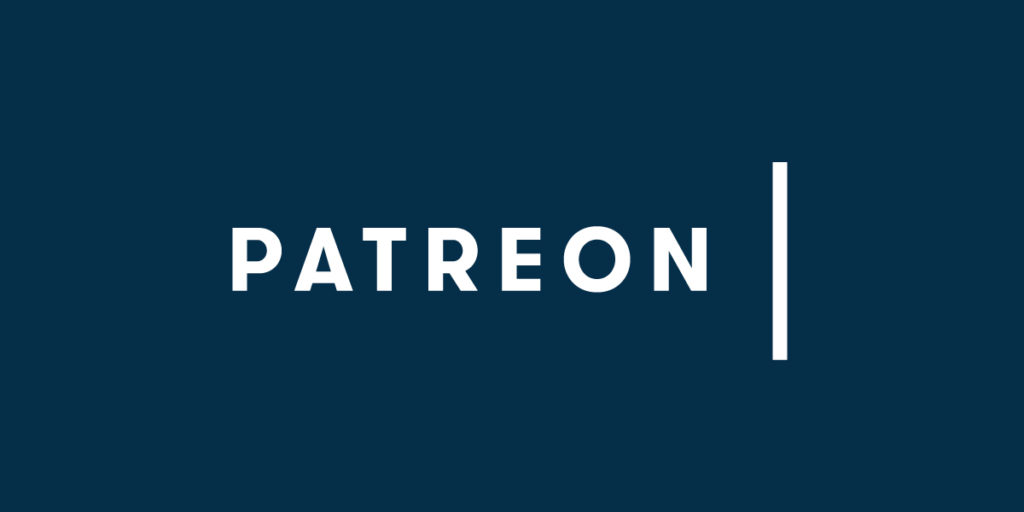
Culture affects us personally and professionally. Because of globalization, cultural diversity has become increasingly present in almost all aspects of life. However, bridging cultural differences is a challenge, especially for those who live and work in a foreign land.
In this episode, Kenneth Randall shares how he, as an American, adapted to the Asian culture. He talks about his professional engagements with Asians and their impact on his personal life. Ken expounds on the differences between the Asian and Western cultures and how he bridges them.
To know more about bridging cultural differences, tune in to this episode!
Here are three reasons why you should listen to the full episode:
- Know the differences between Asian and Western cultures.
- Learn how to integrate other cultural values into your own.
- Understand how cultural differences affect your business and personal life.
Resources
- HED Social
- Flying Eagle Brand
- Check out the items that have been crucial for my self-development here!
Episode Highlights
Kenneth’s Professional Background
- Kenneth started as a military man in the US Navy. His work involved electromechanics and weapons as an aviation ordnance.
- Afterward, he went into product development and product management.
- Kenneth leads product development teams and product marketing teams.
- Presently, he works as Vice President of Product at HED Social.
Kenneth’s Time in Asia
- From 18 to 21 years old, Kenneth traveled to different Asian countries.
- His work in production and development was always in Taiwan or China.
- Kenneth has a Chinese wife, and they have three daughters.
On Subtle Differences
- Kenneth values respect for others.
- When he is in other countries, he makes sure to follow its customs and norms.
- Respect is essential, especially in light of political tensions.
The Military & the Private Sector
- Kenneth gained more insights from his business than from the military.
- In the military, everything is controlled. Soldiers undergo training whenever they visit other places.
- In business, he made more friends and built lasting relationships.
Biggest Surprise as a Non-Asian
- Kenneth was not surprised by the Asian culture because his entire business reference has been Asia.
- Instead, he is more surprised by European culture. Recently, Kenneth has been working with Europeans.
- The European style is much more laid-back.
Cultural Differences on a Business Level
- Kenneth’s European team prioritizes functional precision.
- In China, time is the primary resource. It is about speed and production.
- The two styles are inherently different, but it doesn’t mean one is better than the other.
Cultural Differences on a Personal Level
- The upbringing and family control in Asian culture are new to Kenneth.
- In Asian culture, the parents are strictly involved in the decisions of their children.
- In Western culture, parents encourage their children to become independent and learn on their own.
Impact on Business & Personal Values
- Cultural differences made Kenneth more sensitive to the situation. As a result, he learned different leadership approaches.
- He experienced a working environment where you cannot challenge authority.
- On a personal level, Kenneth became an advisor to many of his friends.
- People consult him and ask him questions on different matters.
On Raising His Family
- Kenneth’s family has the right balance of both the Chinese and Western cultures.
- He mixed values such as family respect and independence.
- Kenneth raised her daughters to be free thinkers and go after what they love.
On Values & Principles
- In integrating the values of different cultures, Kenneth drew a line from what is in and out.
- He does not force his kids into something that is not natural to them.
- He does not impose on their desires, but he instills principles.
- Kenneth loves the respect prevalent in the Asian family structure.
On the Circle of Truth
- What you put into society comes back to you.
- Kenneth believes in putting in 100% effort into the things you do.
- He loves to give without looking to receive.
5 Powerful Quotes from This Episode
[10:23] “I have an agenda. I have a mission to accomplish, right? So I’m there. It’s a little bit more intimate where, you know, I’m eating with the locals and drinking with the locals and we’re working together all day.”
[23:15] “I raised my daughters to be free thinkers, strong-willed, go after what you love.”
[29:45] “I like the family structure and the respect and honor that is prevalent within the Asian family structure.”
[31:53] “What you put into society, whether it’s into your family, into your circle of friends, into your career, comes back to you.”
[32:08] “I give more without looking to receive, and I can just tell you throughout my life, the return has been much greater than what I’ve given.”
About Kenneth
Kenneth Randall is the Vice President of Product of HED Social. Throughout his career, he has engaged in product development, management, and marketing. Kenneth is an expert in electrical products and has rich professional experience from working in different Asian countries.
To know more about Kenneth and his work, reach him through LinkedIn.
Enjoy the Podcast?
Navigating the Rise highlights the unique identities of different Asian communities. If this podcast has helped you gain new perspectives on various cultural norms, don’t forget to subscribe and share it with people who can benefit from the discussion.
Love to give us 5 stars? If you enjoyed this podcast, we’d love to hear from you! Help us reach more audiences and provide answers to all your questions about Asian and Western cultures.
Do you want to help others bridge cultural differences in their business and personal life? You can do it by simply sharing the things you’ve learned from this episode on social media!
Navigating the Rise on Apple Podcasts, Spotify, Stitcher, or on your favorite podcast platform.
As always, you can contact me here!




